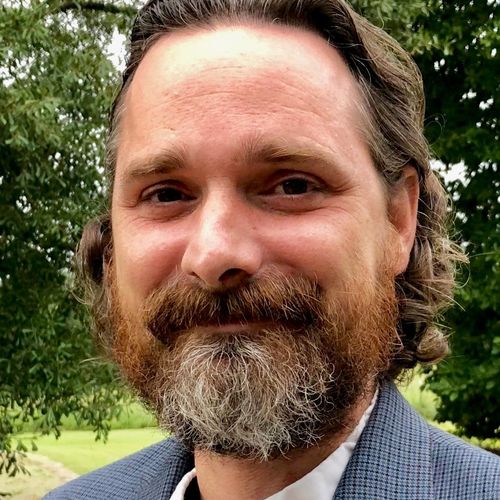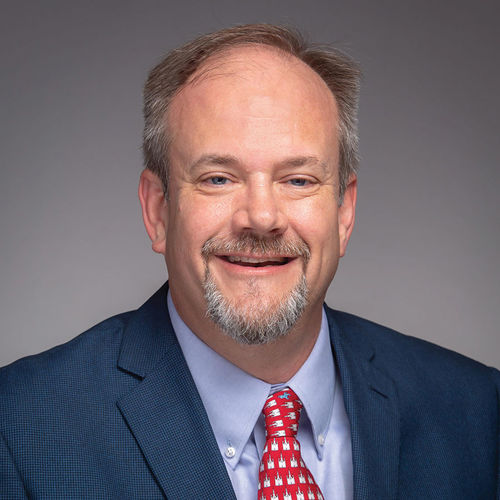The Human Animal: Origin, Beginnings and Dignity
Next Session: Oct 21, 2024
This course explores the sources and nature of the dignity of the human person from two complementary perspectives: (1) our beginnings in nature as made accessible by the resources of human reason through evolutionary science and philosophical reflection, and (2) our ultimate origin in God as made accessible by the gift of supernatural faith in divine Revelation. The course aims to show that data and insights about human dignity from sources such as empirical science and philosophical reflection, e.g., our evolutionary history, animal vulnerability, and social/political nature are not contrary to, but rather complementary (i.e harmonious and mutually enriching) with what the Catholic Church teaches about the supernatural origins of our human dignity, that is, our being created in the image of God (in Latin, imago Dei) and therefore possessing inalienable and inherent dignity.
Course Content
Unit 1 Paleoanthropology and the Beginnings of Humanity
Unit 2 Human Beginnings and the Human Soul
Unit 3 Human Dignity I: Natural Right and Justice
Unit 4 Imago Dei: The Theology of Human Origins
Unit 5 Human Dignity II: A Child of the Father
Course Format
- Five weeks in duration, with one week for orientation.
- Typically 15-20 students in each course.
- All lecture text available online in text format.
- Supplemental readings are provided to encourage further exploration of topic, internet links provided for all readings.
- Written assignments (200-250 words) required.
- Facilitator-moderated Zoom sessions with students in the course.
Required Texts
- All course materials are available online in the course.
Participation Requirements
- View or read the lecture for each unit.
- Read assigned texts; keep notes, questions, and comments for class discussion.
- Participate in the class discussion using the Forums area: post at least 2 comments, questions, or responses per unit.
- Respond to the assignment in each unit.
- Participate in at least 3 scheduled Zoom sessions throughout the course.
- Complete the course evaluation.
Time Expectations
4 to 6 hours per week, depending on your learning style and schedule.
Course Certificate
A certificate of completion awarding 30 contact hours will be sent upon completion of all course requirements.

Cory Hayes
Prof. Cory Hayes is a professor of Philosophy and Theology at St. Joseph Seminary College in Covington, LA. He holds a Ph.D. in Systematic Theology from Duquesne University in Pittsburgh, PA. He has also pursued studies at the Gregorian and Angelicum universities in Rome, Italy. He and his wife, Jennifer, have been married for 16 years, and they have 7 children whom they homeschool.
His research and teaching interests include Byzantine and Eastern Christian theology, philosophy of nature, and the relation between theology, philosophy, and empirical science. He is a facilitator at Foundations New Orleans, a week-long seminar program for Catholic science and theology teachers sponsored by the McGrath Institute for Church Life at the University of Notre Dame.

Dr. Chris Baglow
Dr. Chris Baglow directs the Science & Religion Initiative of the McGrath Institute for Church Life at the University of Notre Dame. His work includes the creation and direction of programs that assist Catholic leaders in bringing the Catholic faith and modern science into dialogue for the sake of the New Evangelization. He graduated from Franciscan University in 1990, and immediately began a career in Catholic theological education that has spanned high-school, undergraduate, graduate and seminary teaching. After completing his M.A. at the University of Dallas (1996) and his Ph.D. at Duquesne University (2000), Chris was Junior Professor of Theology at St. Joseph Seminary College (2000-2003), the Sue Ellen Canizaro Chair at Our Lady of Holy Cross College (2003-2009) and Professor of Theology at Notre Dame Seminary (2009-2018). In 2005 he began his research in science and religion, and in 2009 published the first high-school textbook on the topic, Faith, Science and Reason: Theology on the Cutting Edge. From 2011-2014 Baglow directed the Templeton-funded Steno Learning Program in Faith and Science for Catholic Secondary Educators (SLP), a week-long seminar experience for Catholic science and religion teachers.